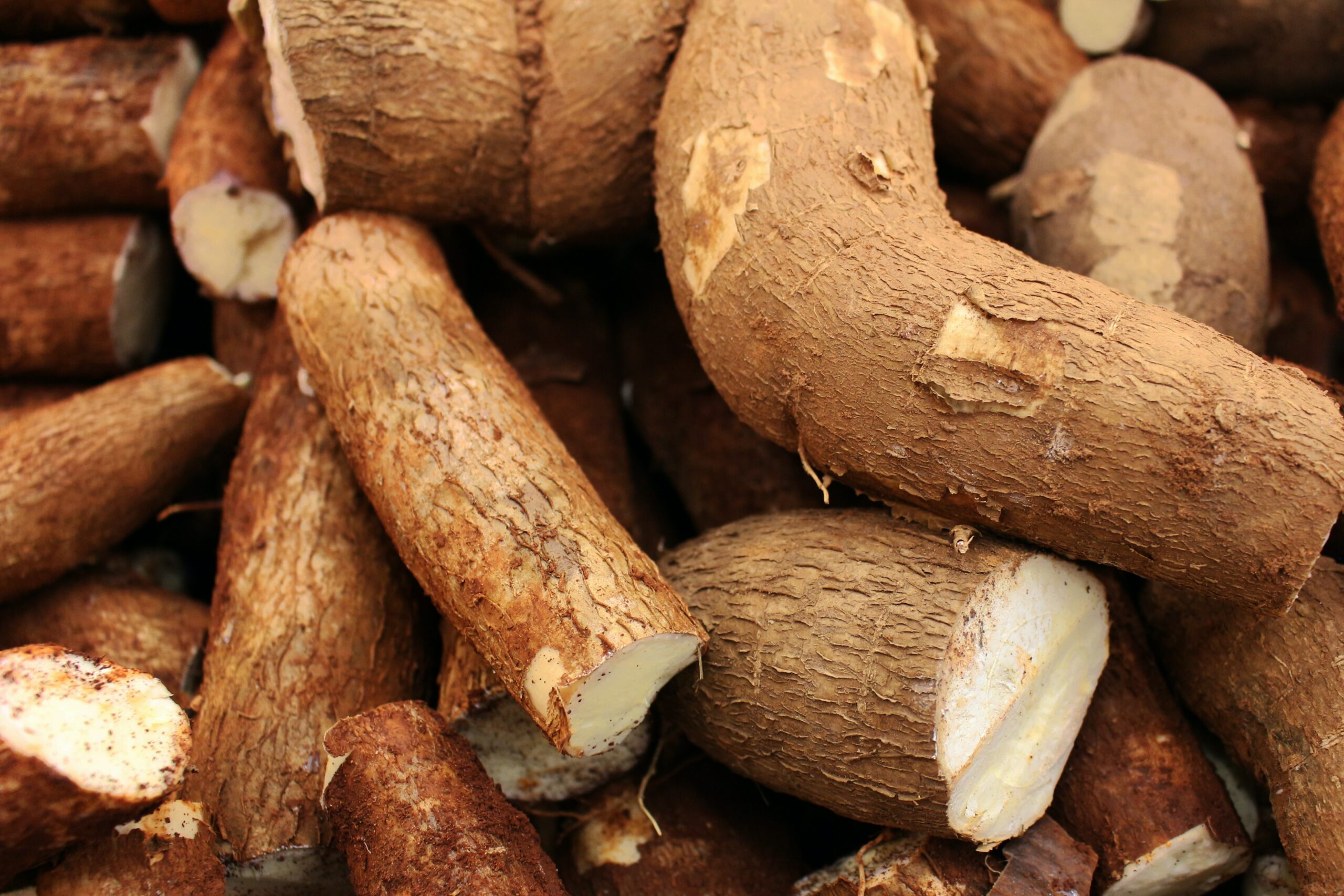Case Study
Improving the quality and safety of cassava derivatives in West Africa through accreditation of product certification bodies and testing laboratories under the ILAC MRA/IAF MLA
Summary
The cassava value chain is one of the priority value chains of the Economic Community of West African States (ECOWAS) region. Cassava producers and processors rely greatly on accredited conformity assessment services to demonstrate the compliance of their products with regional and international standards. However, a study conducted by the United Nations Industrial Development Organization (UNIDO) showed that most conformity assessment bodies, when they exist, are not accredited yet against international standards. Only a few ECOWAS Members states have established national certification bodies (NCBs) and most of them are not accredited. Moreover, the level of compliance to international standards of testing laboratories supporting the cassava value chain is low. To reduce the gap, tailored capacity building programmes have been developed based on the ISO/IEC 17065 and ISO/IEC 17025 standards in order to support conformity assessment bodies in achieving international accreditation. 12 national certification bodies and six testing laboratories are being prepared for accreditation with a view to ensuring the quality and safety of cassava derivatives for the sustainable economic growth of West Africa.
Background
Regional value chains can support West Africa’s integration into global value chains and facilitate productive transformation. West Africa’s competitiveness depends on the development of priority agricultural value chains, trade facilitation and promotion of quality standards (AUC/OECD – Dynamics of Development in Africa 2022). This is more accurate in the context of the implementation of the African Continental Free Trade Area (AfCFTA). One of the priority regional value chains identified under the West Africa Competitiveness Programme is cassava and derivatives. Cassava is a value chain with high potential for the entire West African subregion. Cassava roots can be processed into multiple products, including gari, flour, bread and starch. In many West African countries, it is estimated that 70% of cassava produced is processed. This processing rate is due to the perishability of tubers that degrade three to four days after harvest. In 2010, cassava production in West Africa reached 60.8 million tonnes (Source: Faostat). Most of the production is still provided by the artisanal sector in most of the countries concerned where different technological variants have been used for this purpose. One of the major challenges faced by producers and processing companies of cassava and derivatives relates to quality and safety. In this regard, a Regional Quality Mark called “ECOQMARK” has been created by the ECOWAS Council of Ministers by June 2021. This collective Mark aims to help consumers to identify quality and safe products on the markets as well as promoting trade and protecting the environment. Accreditation plays an important role in the issuance of the Regional Quality Mark through demonstration of competences and impartiality of certification bodies and testing laboratories involved.
Strategy
In the framework of the West Africa Competitiveness Programme (WACOMP), UNIDO helped the ECOWAS region to improve the quality and safety of priority products including gari, a cassava derivative. The intervention of UNIDO started with a need identification study conducted with a view to identifying priority needs for strengthening national and regional quality infrastructures in support of four regional value chains, including the cassava value chain, in the ECOWAS region. The study revealed, among other points, how conformity assessment bodies underpin the development of the cassava value chain and improve the quality and safety of cassava products. The study also identified priority support to be provided to testing laboratories and product certification bodies, bearing in mind that most of these bodies are not accredited yet. A regional certification scheme for gari was developed based on the existing ECOWAS regional harmonized gari standard. This was followed by the development of tailored capacity building programmes for NCBs and testing laboratories based on ISO/IEC 17065 and ISO/IEC 17025 respectively. These programmes have been extended to cover pilot companies processing gari for the implementation of their food safety management systems based on HACCP principles.
Results and impact
To date, eighteen conformity assessment bodies in ECOWAS Member States including twelve NCBs and six testing laboratories supporting the cassava value chain are being prepared for international accreditation with a view to providing recognized certification services and testing services to cassava producers and processing companies. These accredited services are needed for the issuance by mandated NCBs of the ECOWAS regional Quality Mark. The “accredited once, accepted everywhere” approach embodied in the ILAC Mutual Recognition Arrangement (MRA) and IAF Multilateral Recognition Arrangement (MLA) helps internationally-facing users of accredited services avoid repeated assessments, reducing barriers to trade either in the ECOWAS regional market or international markets.
Contact
Mr. Bernard Bau, Project Manager, WACOMP b.bau@unido.org





